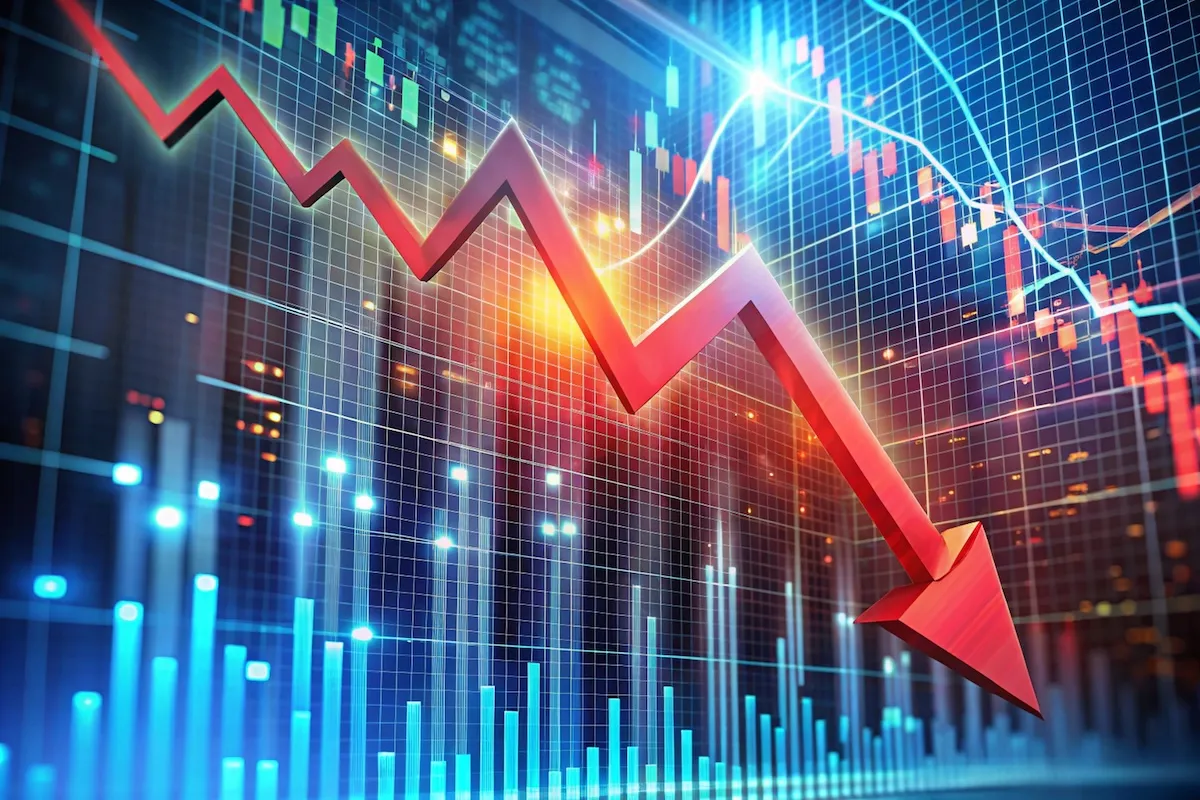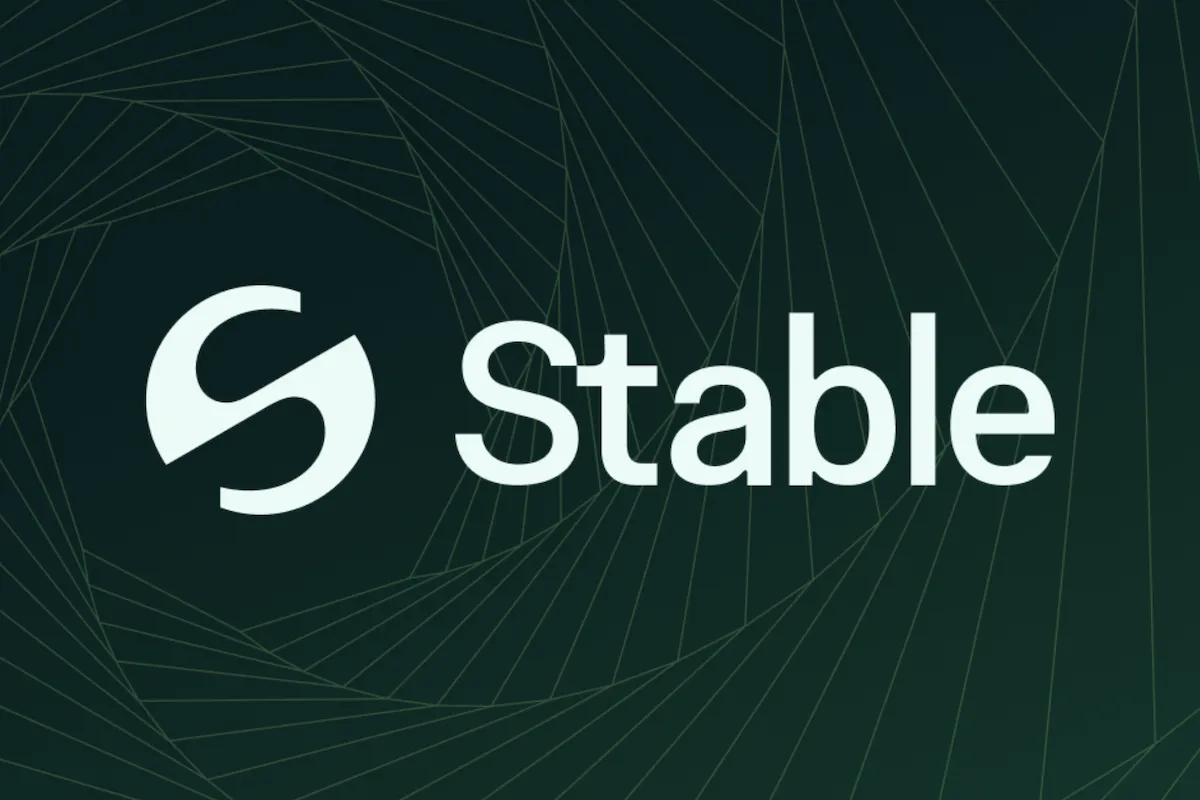Top Stories

SCOR x Edison Chen Drop ‘888 Continuum’ Treasure Hunt with CLOT Sneaker Rewards
Jason Newey
Dec 11, 2025
SCOR and Edison Chen launch The 888 Continuum, a four-month on-chain campaign offering CLOT drops, digital collectibles, and exclusive rewards.
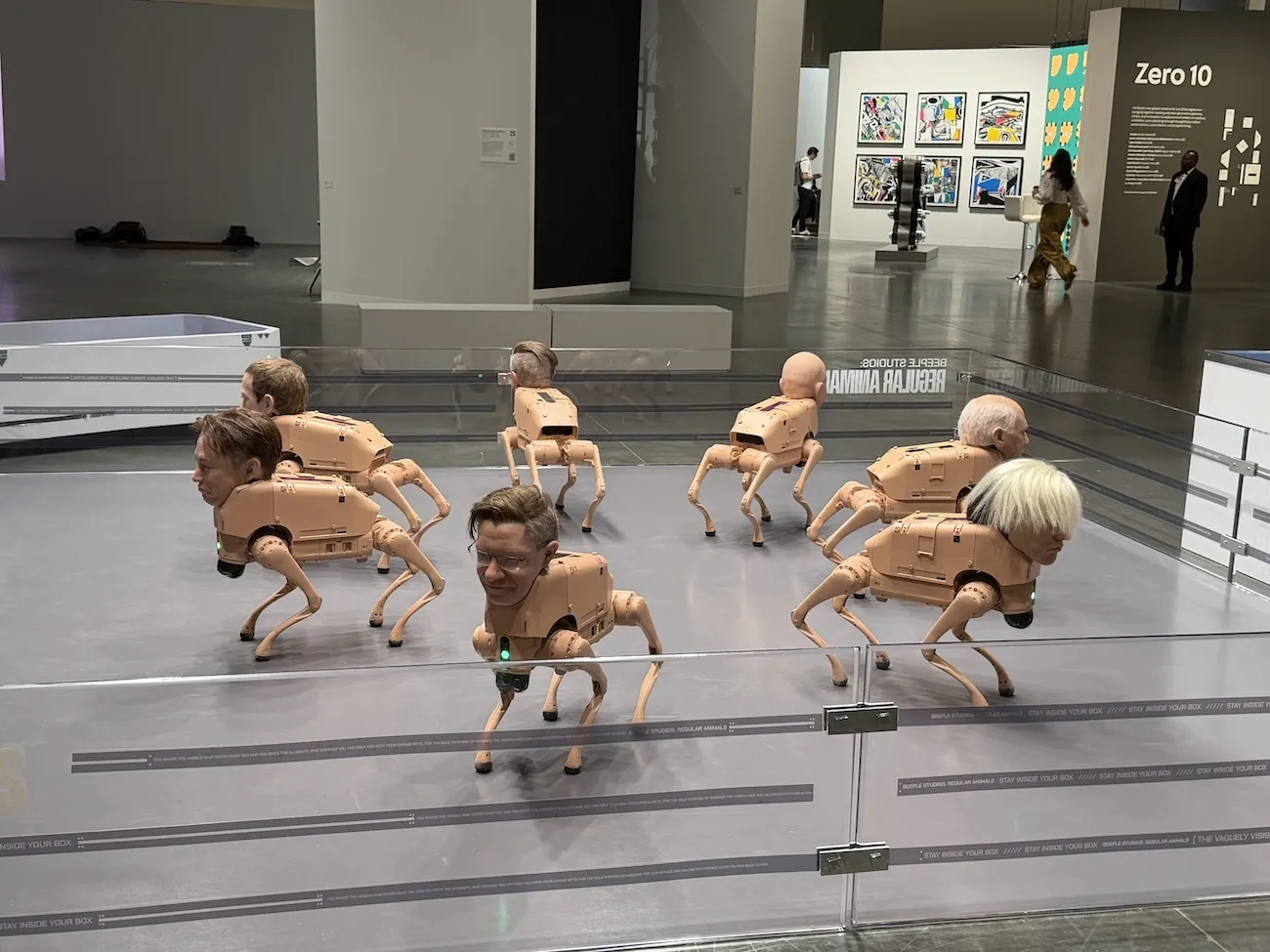
Regular Animals: Beeple’s Wild AI Robot Dogs Expose How Tech Really Sees Us
Owen Skelton
Dec 05, 2025
Beeple’s Regular Animals blends AI, robotics, satire, and NFTs into a bold installation of animatronic “dogs” that capture images, process them, and print surreal outputs.
Latest News
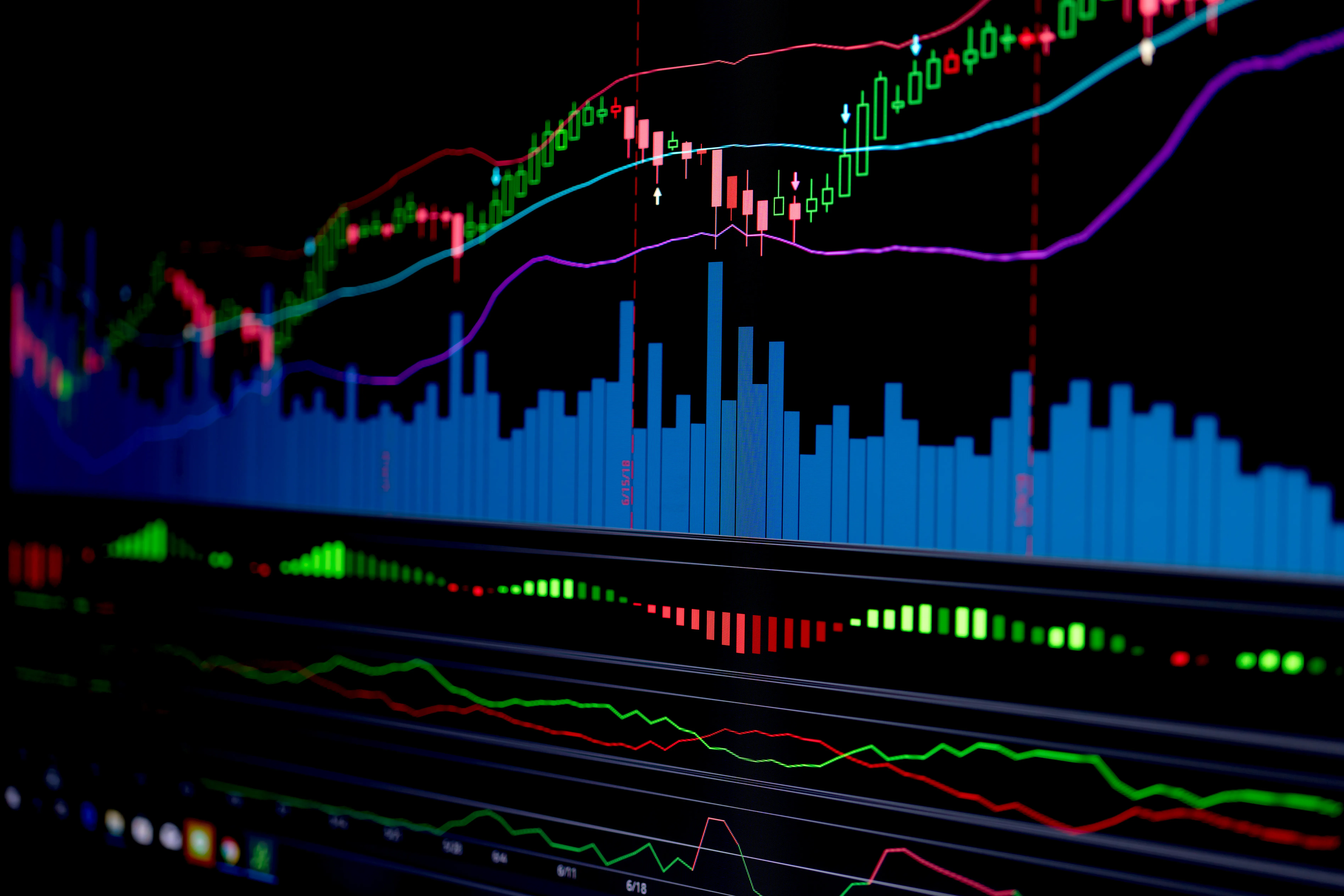
Top IDO Projects to Keep an Eye on This Week
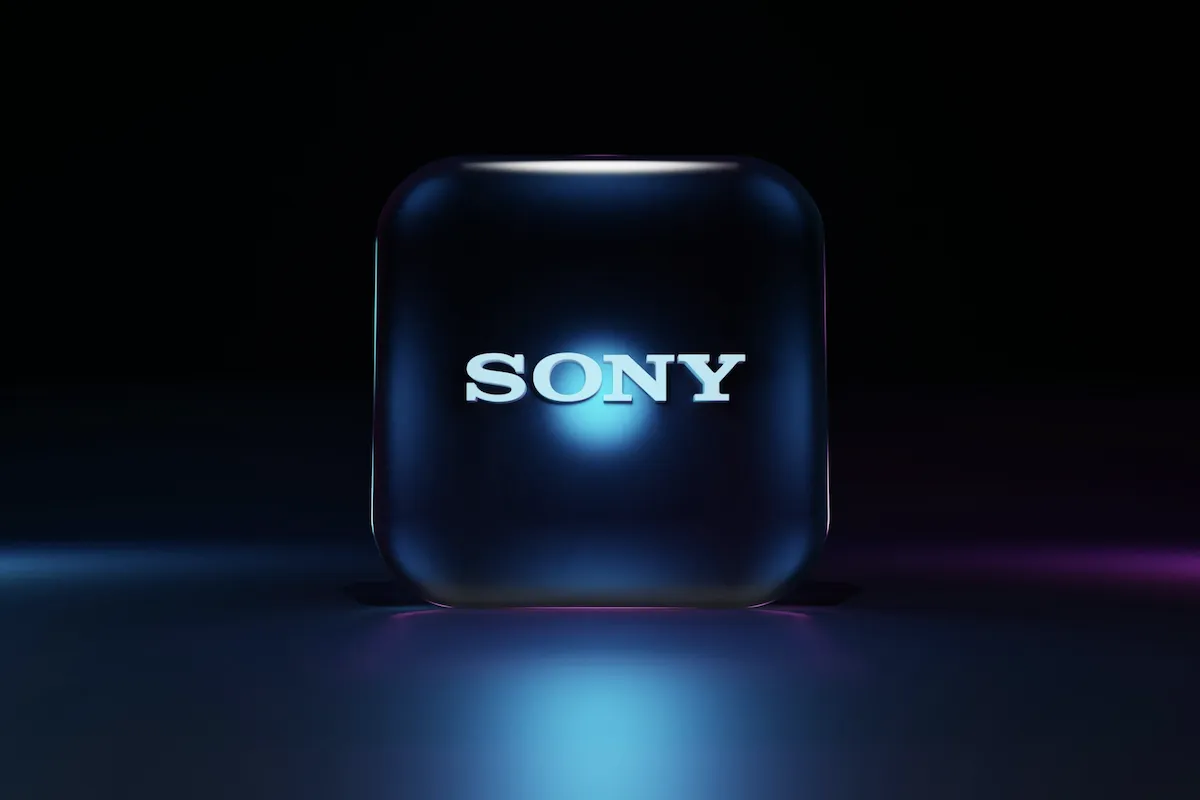
Sony Bank Enters Stablecoins: USD Token Could Transform PlayStation Payments in 2026
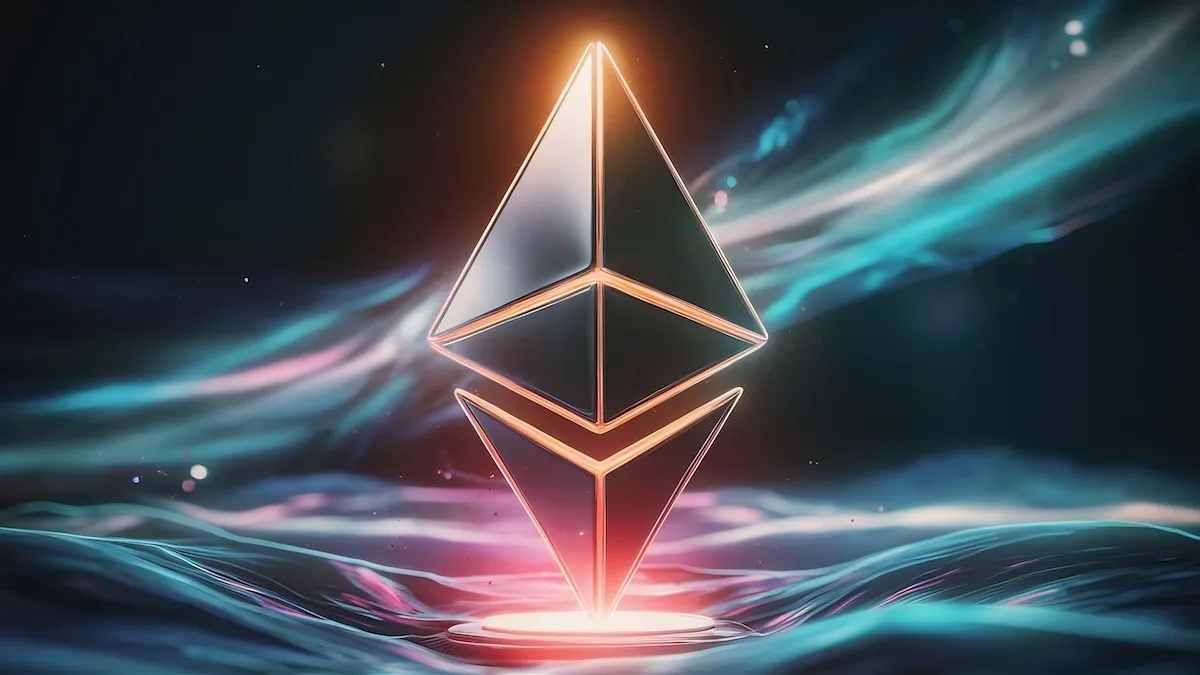
How the Fusaka Upgrade Transforms Ethereum’s Speed, Fees, and Future Growth
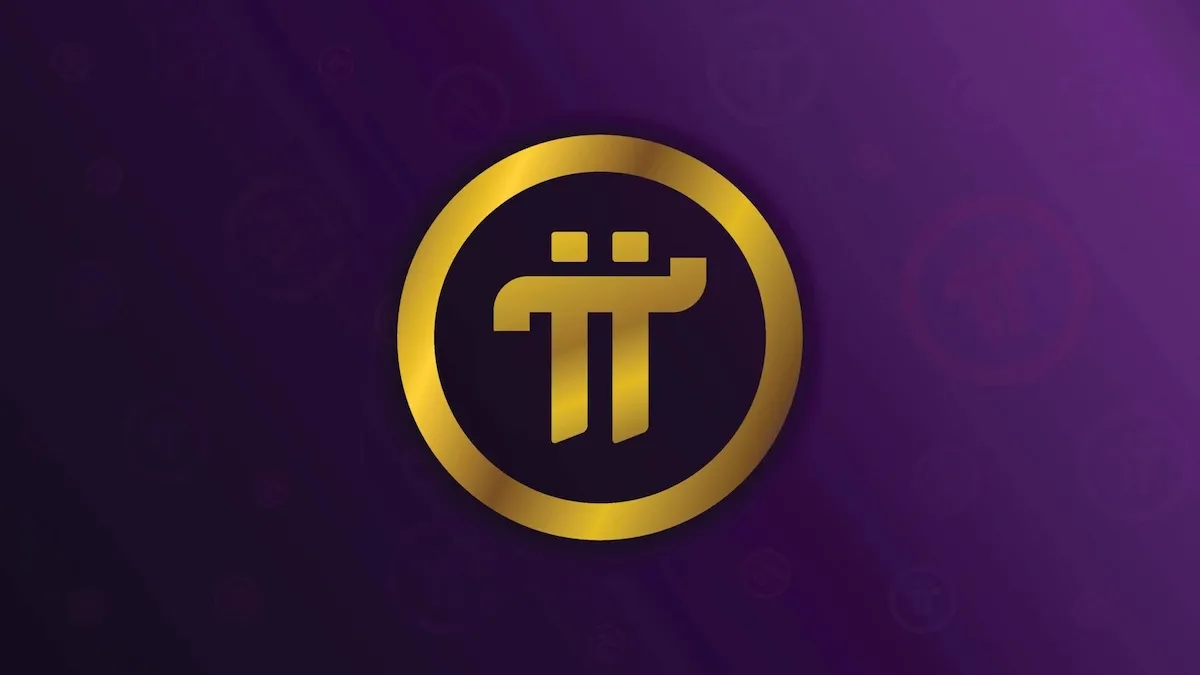
Pi Coin Breakout: Why Pi Network Is Surging and What’s Coming Next for 2026
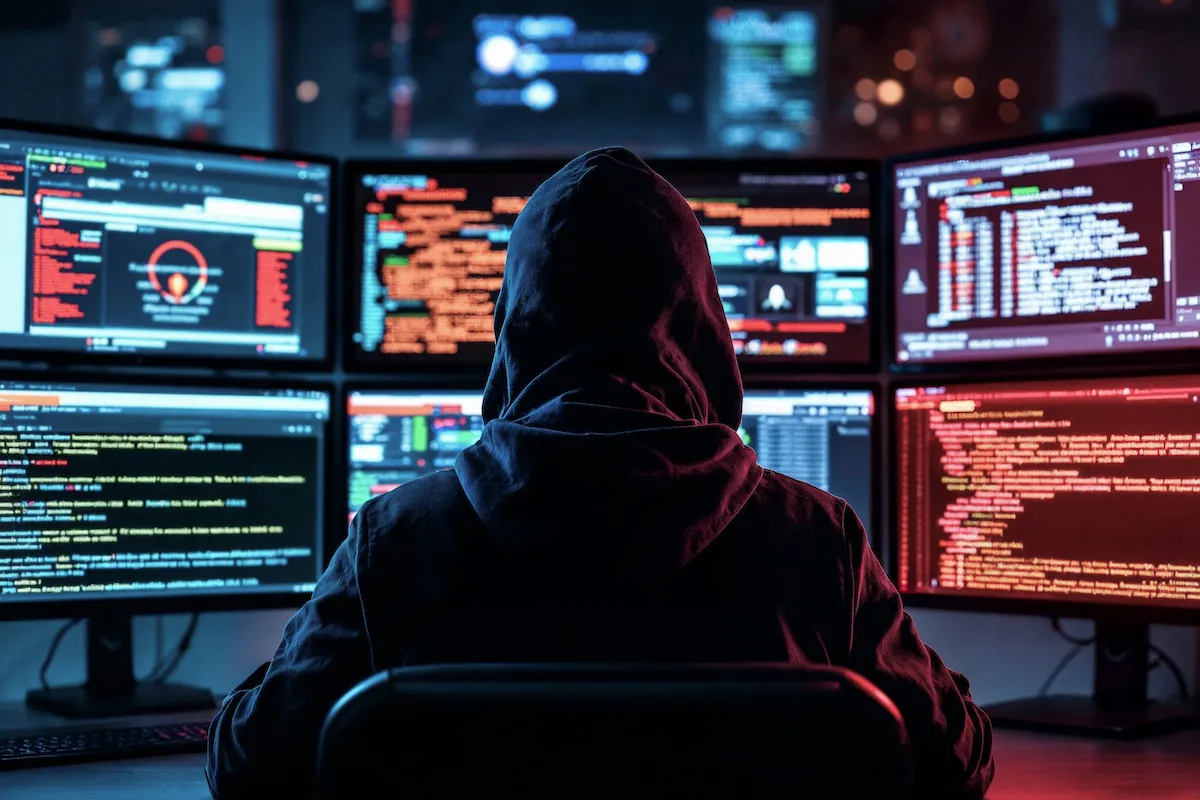
Upbit Solana Hot-Wallet Hack: What the $36M Breach Means for Crypto Users
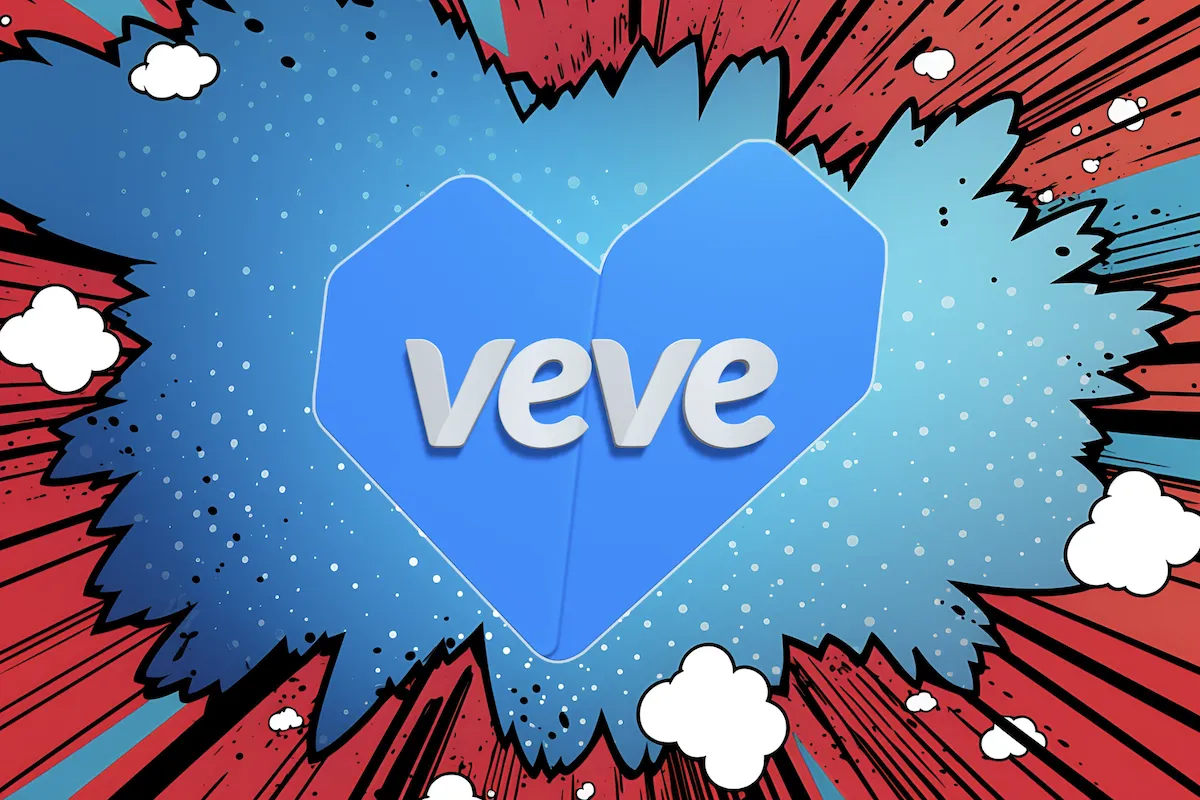
VeVe to Migrate to Collect Blockchain with Planned Self-Custody for Digital Collectibles
